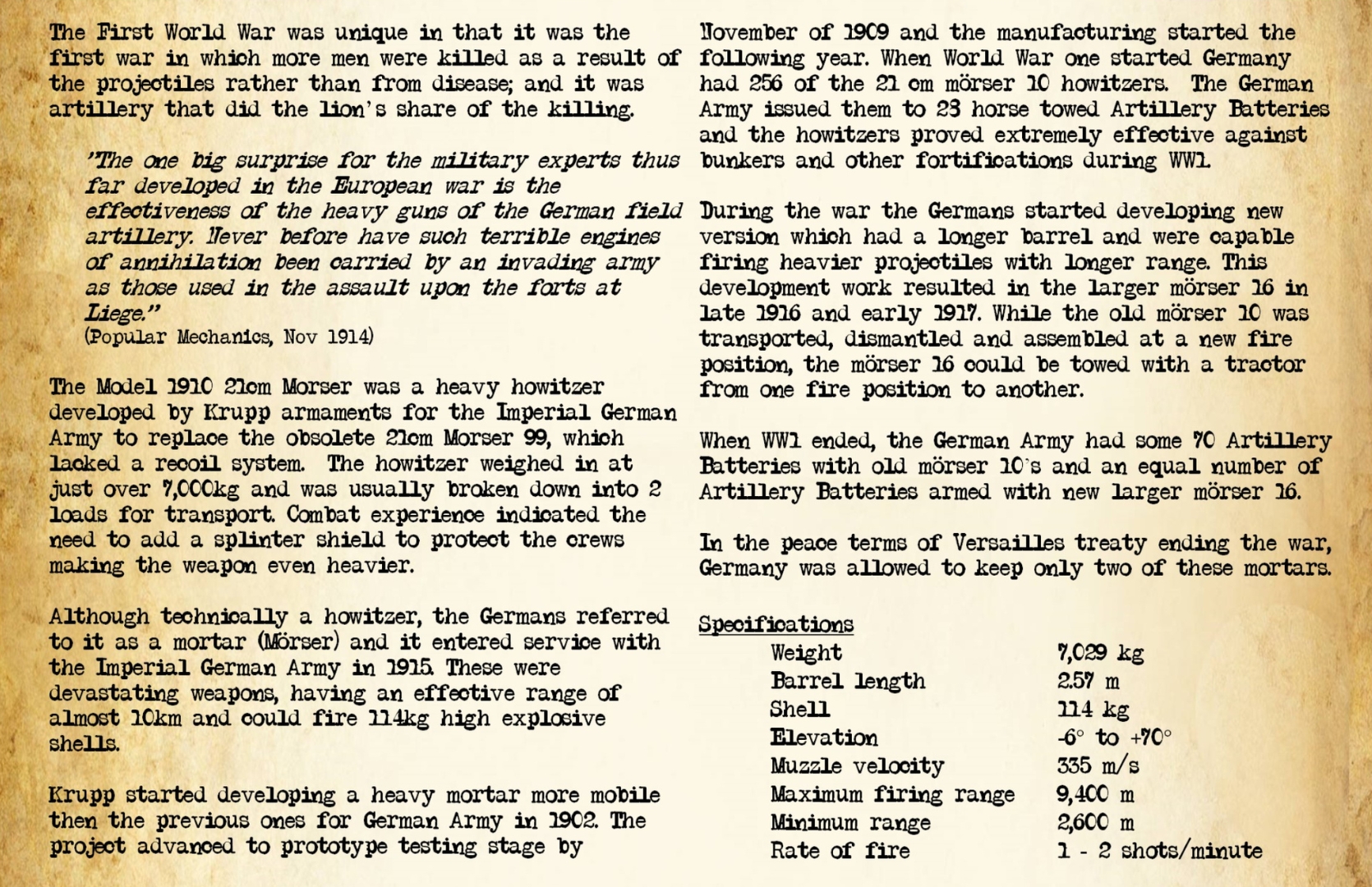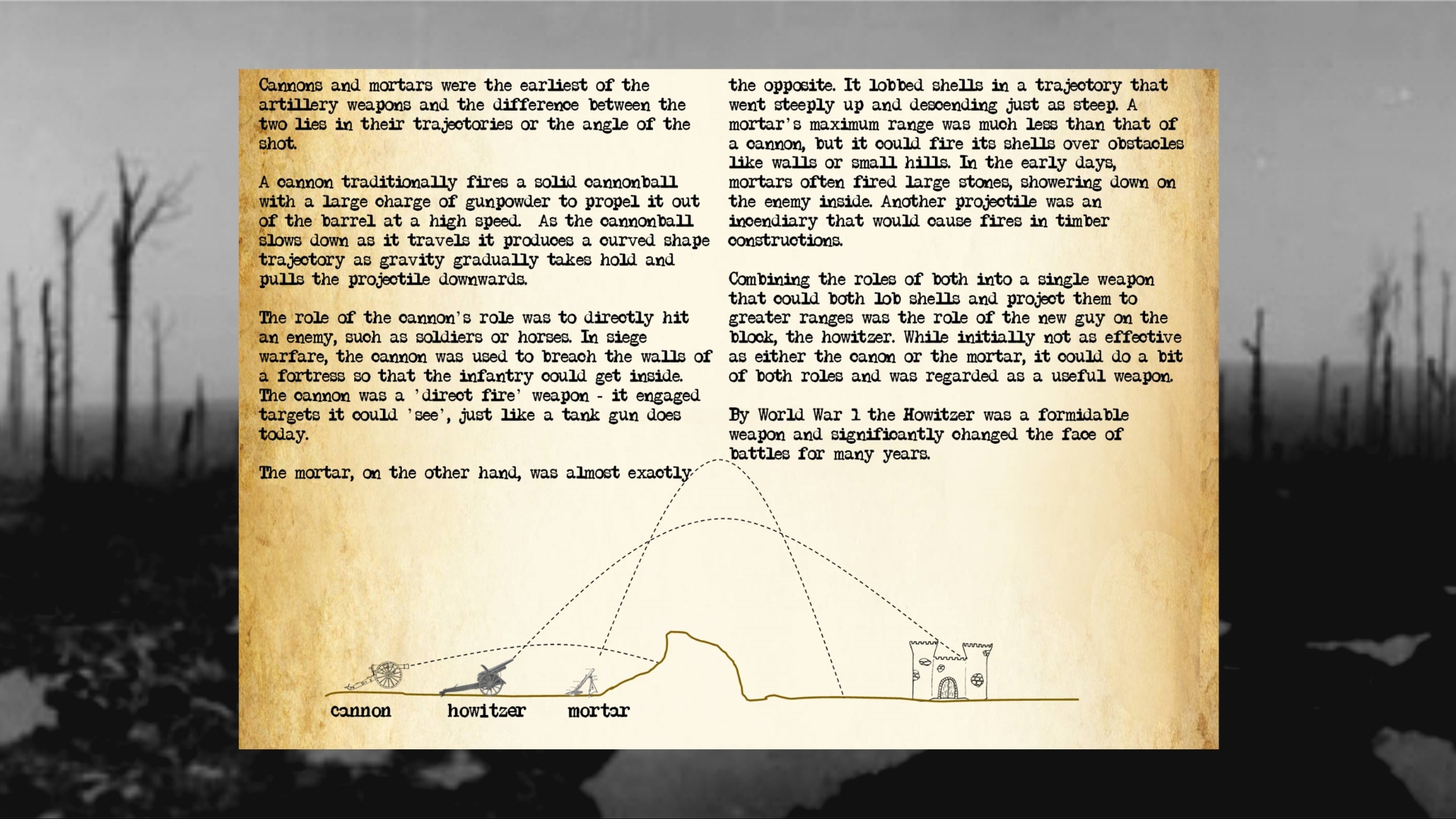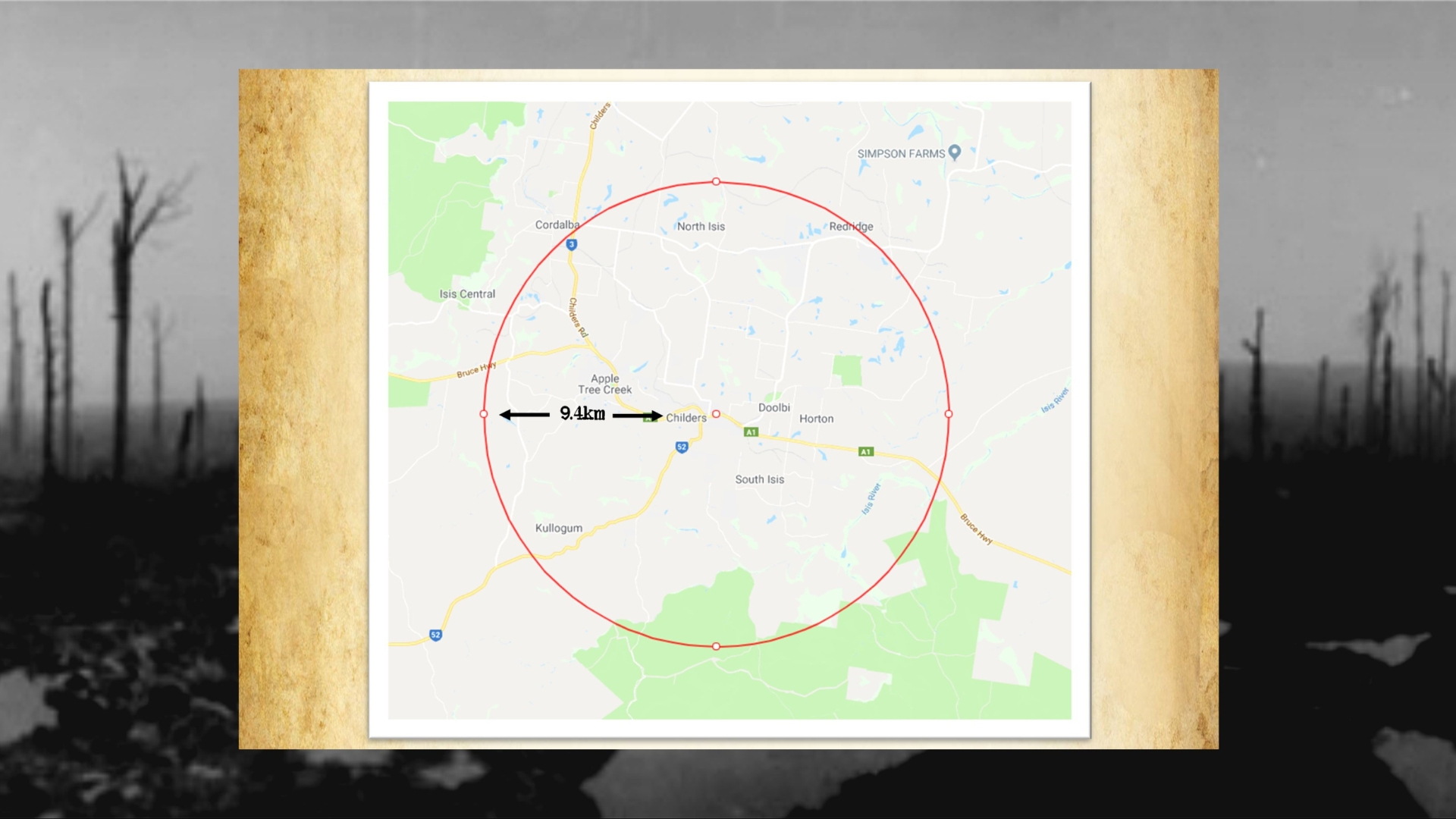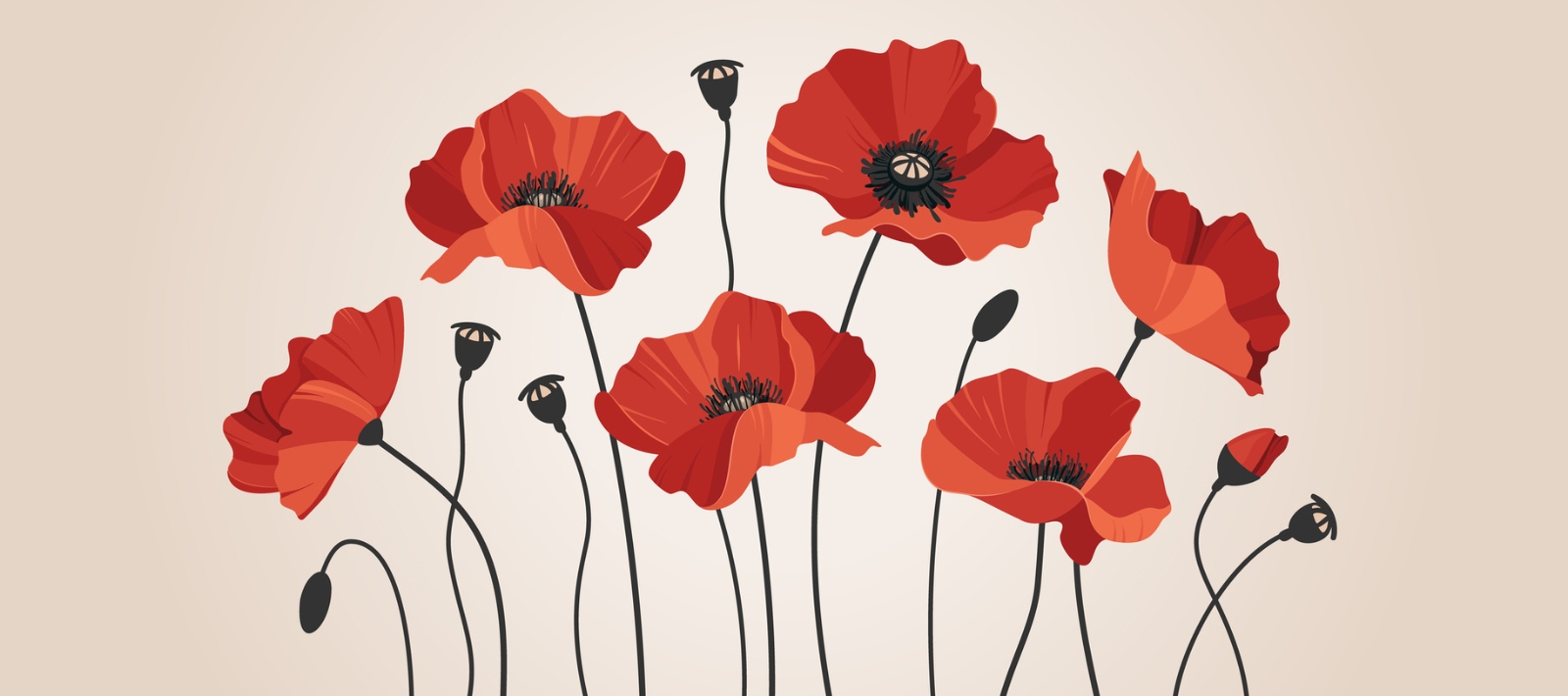Childers Krupp Howitzer Cannon
At the end of Word War I, weapons from Germany, Austria, Hungary and the Turkish Empire were gathered and split between the allied nations as a reminder of the sacrifice of the brave men that contributed to the war effort.
This is the story of how Childers became home to the largest and most deadly weapon from World War I - the Krupp 210 mm Howitzer Cannon.
About the Howitzer
The Krupp 210 mm Howitzer Cannon

Cannon, Howitzer or Mortar?

Krupp 210 mm Howitzer in action
Effective range of the Howitzer

Little known WWI facts
The fight for the Howitzer
Watch the story of how Childers became home to the Krupp 210 mm Howitzer Cannon.
The people behind the story:
Corser

Epps

Heyes

Pearce

Trahair

Treloar

The restoration of the Howitzer
A community project to restore the Krupp 210 mm Howitzer Cannon and re-house it in the shelter adjacent to the Isis District War Memorial Hall was completed in 2001.
Watch the short video about the restoration below.
Queensland Directory of Allotted War Trophies

The information on this page and and the video with the story of the Krupp Howitzer was written, presented and edited by Tim Sayre and directed by Di Wills from Creative Regions.
With thanks to Childers Chamber of Commerce, Bundaberg Regional Council and the Australian Government: Department of Veterans' Affairs.
Dedicated to the brave man and women who served in all wars - Lest We Forget.

